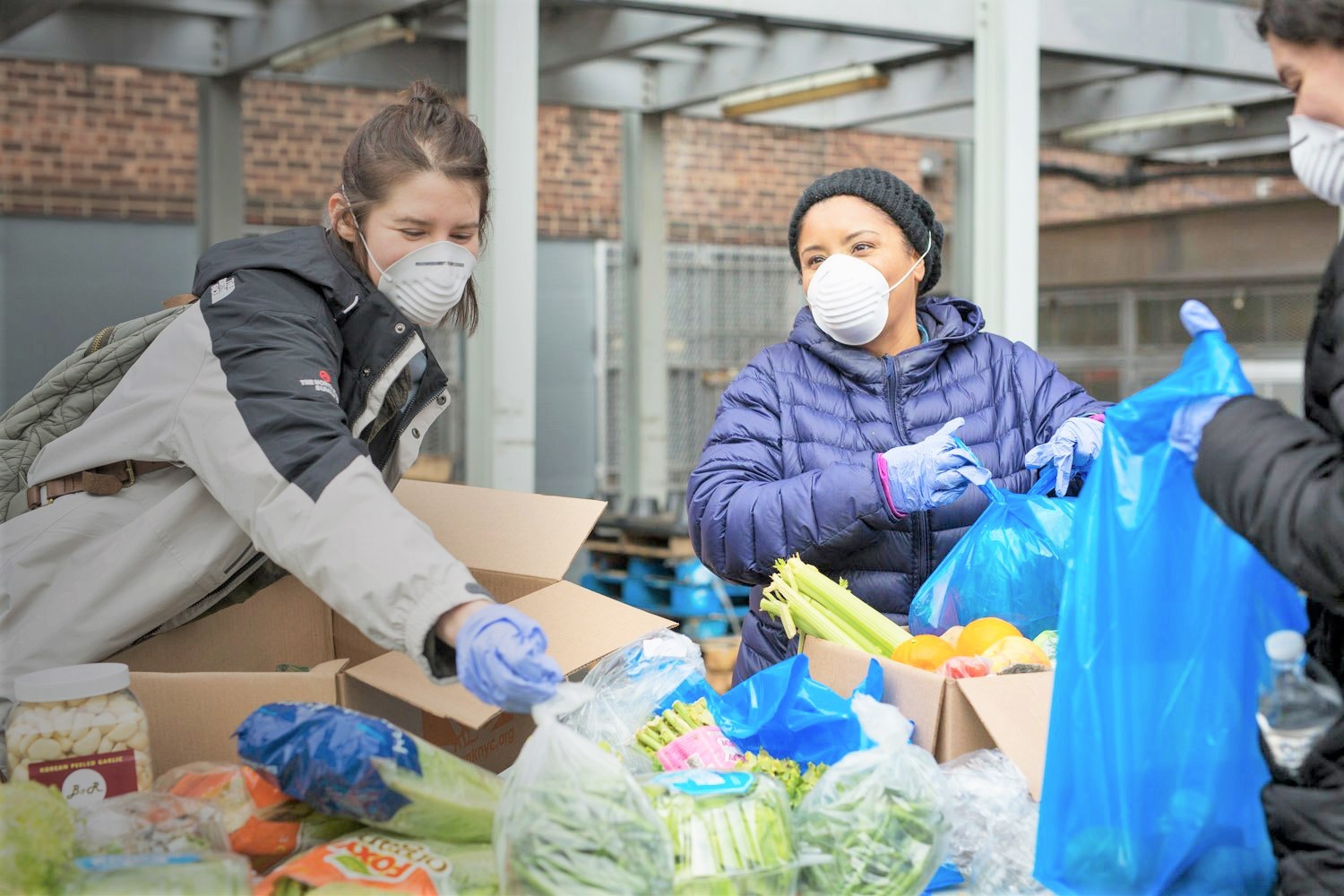New York City faces a significant challenge as a recent study reveals that nearly half of its older adults have struggled with food insecurity over the past year. This unsettling finding comes from a survey conducted by Citymeals on Wheels and the CUNY Urban Food Policy Institute, highlighting the severe and persistent hunger issues among the city’s aging population.

Alarming Statistics
According to the survey, 48% of New Yorkers aged 60 and older have experienced food insecurity in the last 12 months. These individuals face various barriers, such as financial constraints, physical limitations, and psychological issues, which prevent them from accessing or preparing meals.
Financial Hardships
The survey sheds light on the financial struggles of older adults in New York City. A staggering 65% of respondents live on $15,000 a year or less, a mere fraction of the city’s median household income of $74,694. Additionally, 32% do not receive any Social Security benefits, further exacerbating their financial instability.
Social Isolation and Mental Health
The mental health of New York’s older adults is another critical concern. The survey found that 45% of respondents do not have friends or family to provide them with meals, and 82% have never utilized mental health services. Limited internet access and feelings of loneliness and depression are prevalent, affecting 38% of those surveyed.
SNAP Benefits Insufficient
Although 56% of respondents receive SNAP benefits, many find them inadequate. About 34% reported that the benefits do not meet their needs, highlighting the financial precarity of those just above the eligibility threshold. The rising cost of groceries and dining out further strains their limited budgets, with many unable to shop or cook for themselves due to physical or mental difficulties.
Conclusion
This study underscores the urgent need for enhanced support systems for New York City’s older adults. Addressing food insecurity and social isolation among this vulnerable population is crucial for their well-being.